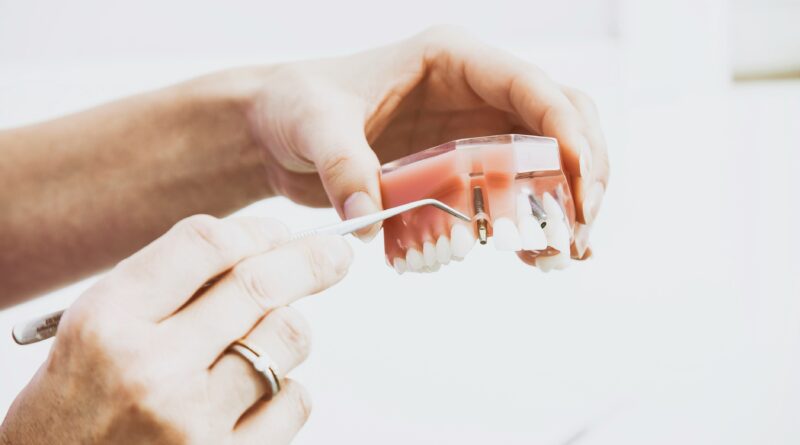Dental Caries – Etiology and Prevention
Dental caries is probably the most common disease affecting humans. Contrary to regional and endemic incidences of some other deficiencies, dental caries is so common that nearly everyone has experienced it. A few adults in Western civilization have absolutely perfect teeth. Figures on the incidence of caries among population groups vary according to locality and race.
The prevention among blacks is lower than among whites of comparable age in the same locality. In under-developed countries, primitive peoples, as a rule, show a lower incidence than civilized populations. However, as soon as primitive populations are touched by civilization, and native foods are replaced by processed foods, an increase in dental caries follows.
Etiology of Dental Carries
Dental caries has been variously attributed to inheritance, metabolic disturbances, specific or multiple food deficiencies, and conditions in the mouth, including the composition of saliva and lack of fluorine in the water supply. None of these, however, entirely explains the high incidence of varying degrees of susceptibility to caries encountered among children of the same family with similar dietary and mouth hygiene habits.
It is now generally agreed that dental carries are unquestionably of bacterial origin with certain other contributing factors. Bacterial metabolism and growth in the mouth lead to the destruction of both tooth enamel and dentin. Carbohydrates must be present in the cervices of the teeth for caries-producing organisms to grow.
Hereditary and nutritional factors during tooth development will affect the resistance to decay at a later date. Saliva is protective, but much is yet to be learned about the hereditary, nutritional, endocrine, and other variables that determine saliva’s physical consistency, chemical composition, and rate of flow.
It is now also recognized that teeth are more resistant to caries when the fluoride ion is incorporated in the crystal lattice of the enamel and the dentin. The inverse relationship between the incidence of dental caries and the fluorine content of drinking water has given impetus to the use of fluorine as a prophylactic agent.
Prevention of Dental Caries
- It is generally agreed that fluorine is the only known agent ordinarily included in food and water that is capable of exercising mass control of dental caries. It is effective during the period of calcification of the crown of the tooth and through the period of eruption.
- Among the authorities who have studied the problem, it is agreed that the simplest, cheapest, and most far-reaching method of ensuring adequate fluoride is through fluoridation of drinking water. This procedure will supplement, but not supplant, other dental health measures.
- The level of fluorine, which seems to be protective without being harmful, is 1.0 part per million (ppm.) of drinking water. Mottled enamel (dental fluorosis) is apt to occur when fluorine in the water supply in several western states.
- Calcium, phosphorous, or vitamin D deficiencies during and preceding the eruption of teeth undoubtedly account for some faults in structure. The teeth, once fully developed, are not as apt to be influenced by diet later.
Get updates and read additional stories on the Health Orbit Fan Page.
For Guest posts, Sponsored posts and other details, please click ‘Contact Us’ page.

